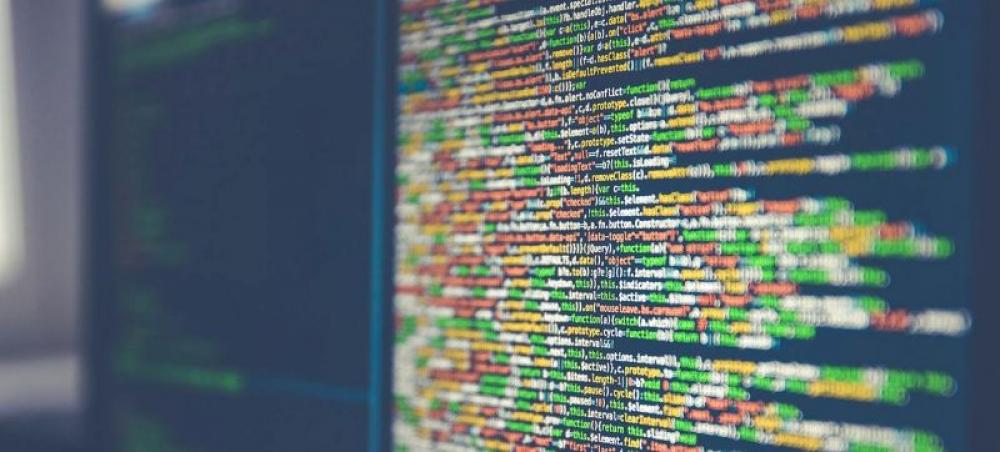Just Earth News | @justearthnews | 28 Nov 2024, 09:46 pm Print
 UNESCO
UNESCO Information integrity on digital platforms is at stake. Photo courtesy: Unsplash/Markus Spiske
In an age when social media dominates global information sharing, an alarming two-thirds of digital content creators are publishing unverified information to millions of followers, a landmark survey by UN educational and cultural agency UNESCO revealed on Wednesday.
The findings come at a critical moment when social media influencers have become primary sources of news and cultural information for global audiences, yet 62 percent lack basic fact-checking practices.
“Digital content creators have acquired an important place in the information ecosystem, engaging millions of people with cultural, social or political news. But many are struggling in the face of disinformation and online hate speech and calling for more training,” said UNESCO Director-General Audrey Azoulay.
Major gaps in digital verification
The UNESCO ‘Behind the screens’ survey, conducted with expertise from Bowling Green State University in the USA, examined 500 influencers across 45 countries, exposing critical gaps in content verification practices.
The study found that 63 per cent of influencers lack rigorous fact-checking protocols, despite their significant impact on public discourse.
The survey uncovered trends in how creators assess information credibility including 42 per cent who use social media metrics like “likes” and “shares” as primary credibility markers, while 21 per cent of respondents share content based solely on “trust in friends” who shared it.
Traditional news media, despite its expertise, ranks low as a resource, with only 36.9 per cent of creators utilising mainstream journalism for verification.
The digital rights landscape presented another challenge. Nearly 60 per cent of creators operate without understanding basic regulatory frameworks and international standards, leaving them vulnerable to legal risks and online harassment.
While one-third report experiencing hate speech, only 20.4 per cent know how to properly report these incidents to platforms.
UNESCO launches global training initiative
Responding to these challenges, UNESCO and the Knight Centre for Journalism in the Americas (USA) partnered to develop the first ever-global training course for digital content creators.
The innovative four-week programme has already drawn over 9,000 participants from 160 countries, offering comprehensive training in source verification, fact-checking methodology and collaboration with traditional media outlets.
With 73 per cent of creators actively seeking such training, the initiative builds upon UNESCO’s broader strategy to combat digital misinformation, following their 2023 Guidelines for The Governance of Digital Platforms.
By maintaining engagement with course participants after completion, UNESCO aims to foster a community of responsible digital communicators who prioritise information integrity.
- Samsung unveils next-gen Bixby. Know all details
- Crisis deepens: UN sounds warning on ethnic cleansing fears
- Same price, smarter result: Anthropic drops major AI surprise
- Meta, NVIDIA announce long-term infrastructure partnership. Key details inside
- No one above the law: UN experts call for action over Epstein Files





-1763561110.jpg)
